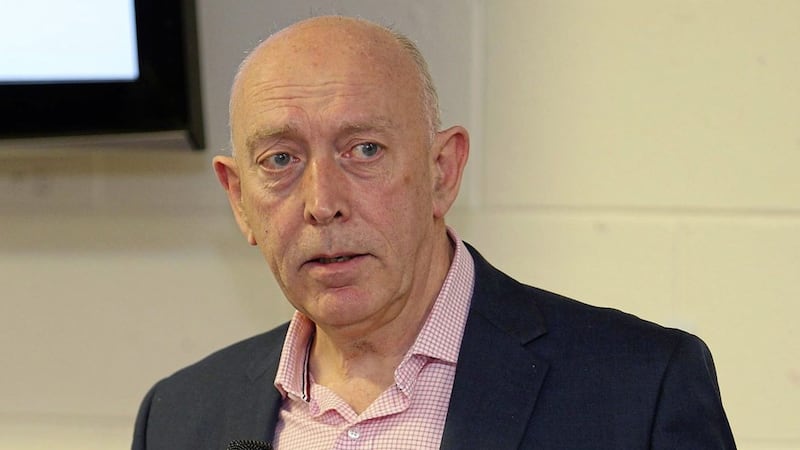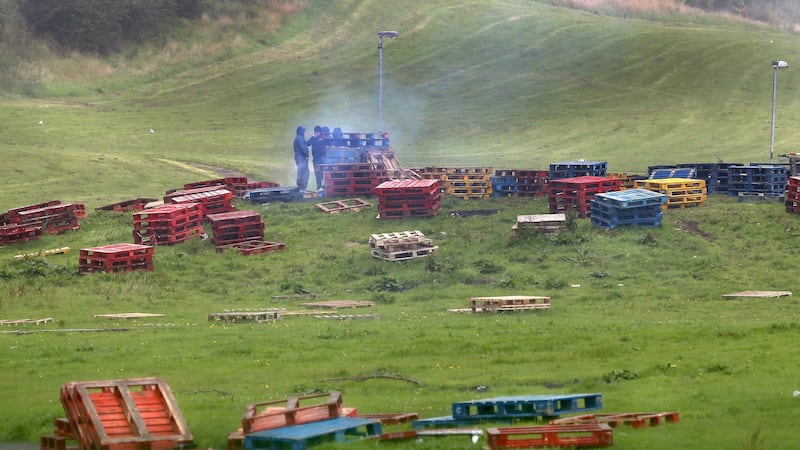LOYALISTS are angry about the Irish Sea border but aren't planning a return to violence, according to a former PSNI assistant chief constable.
Co-Operation Ireland chief executive Peter Sheridan said threats and the potential for violence should not be overplayed.
In the past week, former Stormont First Minister David Trimble and DUP MP Sammy Wilson has both warned of a potential violent response to the protocol that has resulted in checks on goods arriving from Britain.
Loyalist Communities Council chairman David Campbell, who is also a board member of Co-Operation Ireland, warned earlier this month that it may be necessary "to fight physically to maintain our freedoms within the UK."
The PSNI has previously warned of possible street protests and attempts to disrupt ports.
Mr Sheridan, who has been involved in efforts to prevent a hard border in Ireland, said the problem with the current arrangement is that the regulatory checks on goods are an issue of identity for unionists.
"Unfortunately the border down the Irish Sea isn't invisible and therefore it's affecting almost every home in terms of delivery of parcels or plants or whatever it is," he told journalist Jim Fitzpatrick on a BBC Spotlight programme broadcast last night.
"That visibility has created tensions, and somebody described it in unionism as a 'palpable anger' across the whole of the unionist community."
Mr Sheridan also chaired a meeting last week where a range of groups and individuals, including the Orange Order, who raised their concerns with the
British government and EU Commission on the protocol.
He said that while there was "tension" and "anger" this did not automatically mean violence was planned.
"In fact, I know by talking to many people in the unionist community and many people in paramilitary organisations in the unionist community, that's not where their thinking is," he said.
The former senior police officer said the problems with the new arrangements may be an issue of trade to nationalists, but were something deeper to many unionists.
"For unionists and people who see their natural cultural identity with the rest of the United Kingdom, somehow this does feel as some difference between them and the rest of their, what they see as their fellow countrymen, and I think all of us have to recognise that," he said.







